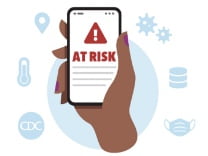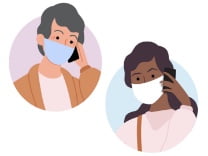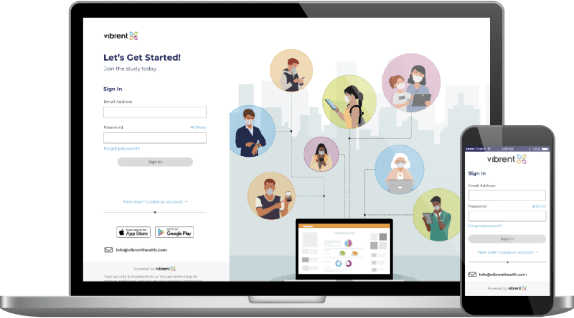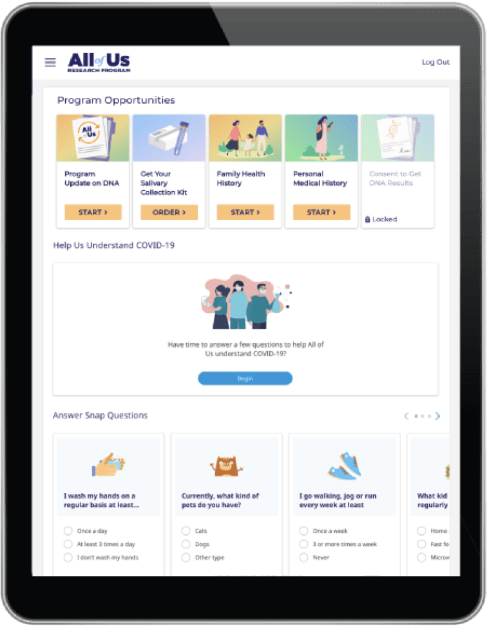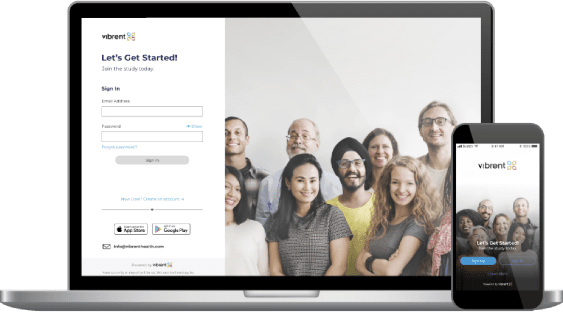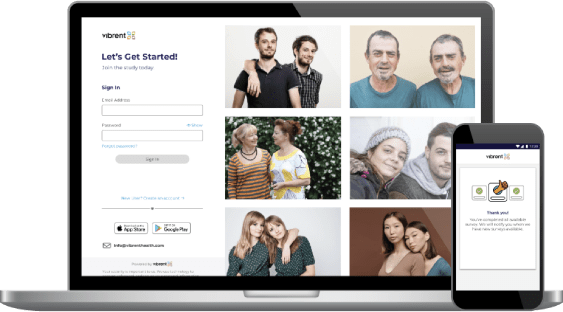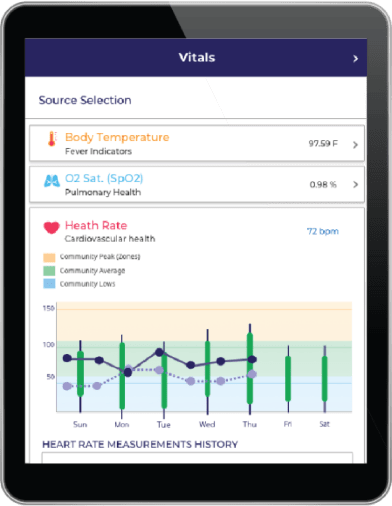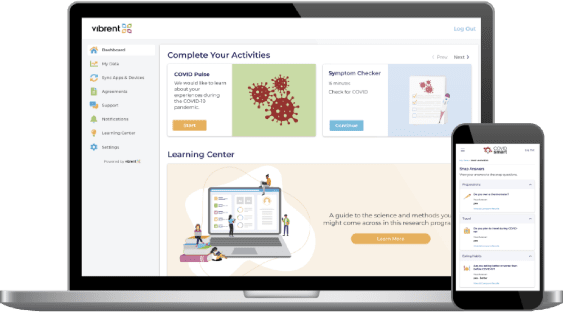AI Screening, Testing, Tracing
AI-powered COVID-19 Screening, Testing and Tracing Tool Funded by the NIH
The screening app determines if a COVID-19 test is medically indicated. The app delivers an in-home test kit within hours and notifies contact tracers.
-
Created in close collaboration with NIH scientific teams
-
Being tested in African American communities
-
Compresses response timelines using real-time actionable data
-
Integrated contact tracing tools
